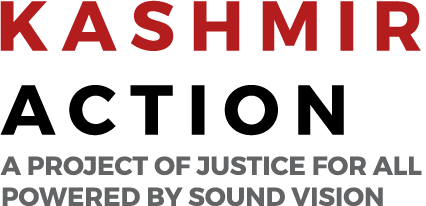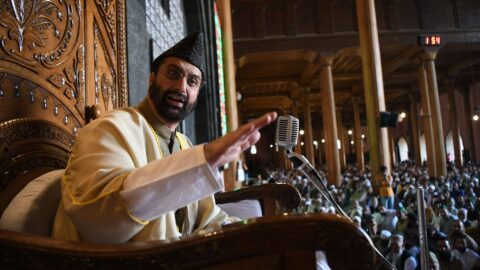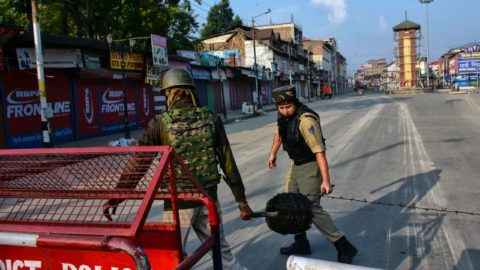On December 27th, Mirwaiz Muhammad Umar Farooq, was barred from leaving his house to lead…
India arrests Kashmiri social-media user for sharing news on his social media
On 21st September, the Jammu and Kashmir Police illegally detained a Kashmiri Facebook user, accusing him of “promoting anti-national activities”. The detained Kashmiri lived in South Kashmir’s Pulwama district.
Ashiq Ahmed Khan, the detained Kashmiri, ran a Facebook page by the name of Pulwama News. On his Facebook page, he was covering a gunfight that was taking place between Kashmiri freedom fighters and Indian military forces in the Kokernag area of Kashmir.
India has severely curtailed free press in Kashmir, and all media houses are expected to toe the state’s narrative in their reportage, especially the reporting on human rights violations and gunfights. Ashiq Ahmed’s social media news page, Pulwama News, deviated from the state’s account of the gunfight, and as a result, he was put behind bars.
While police maintain that Ahmed was “inciting” the public by his social media use, Ahmed’s family maintains his innocence. Ahmed’s detention comes as numerous Kashmiri journalists such as Fahad Shah, Asif Sultan, and Sajad Gul, continue to be under illegal detention.
In Kashmir, local cable news broadcasting has been banned since 2010 and printing press offices have been seized. On October 2, 2016, in the wake of a popular civilian uprising for self-determination, the Jammu and Kashmir government barred a well-read newspaper, the Kashmir Reader, from publication for three-months for being “anti-state” and “anti-establishment”. The paucity of a robust private sector has meant that newspapers in Kashmir mostly rely on revenue from government advertisements. For decades, ad revenue has been used to control media in Kashmir. Consequently, media outlets that parrot the statist narrative are given an abundance of advertisements while the remaining are divested of them.
Another method of stifling the press in Kashmir is registering First Information Reports, or FIR’s, against newspapers for their reportage. As a result, the most widely read newspapers are not carrying editorials that the state may take a dim view of.





